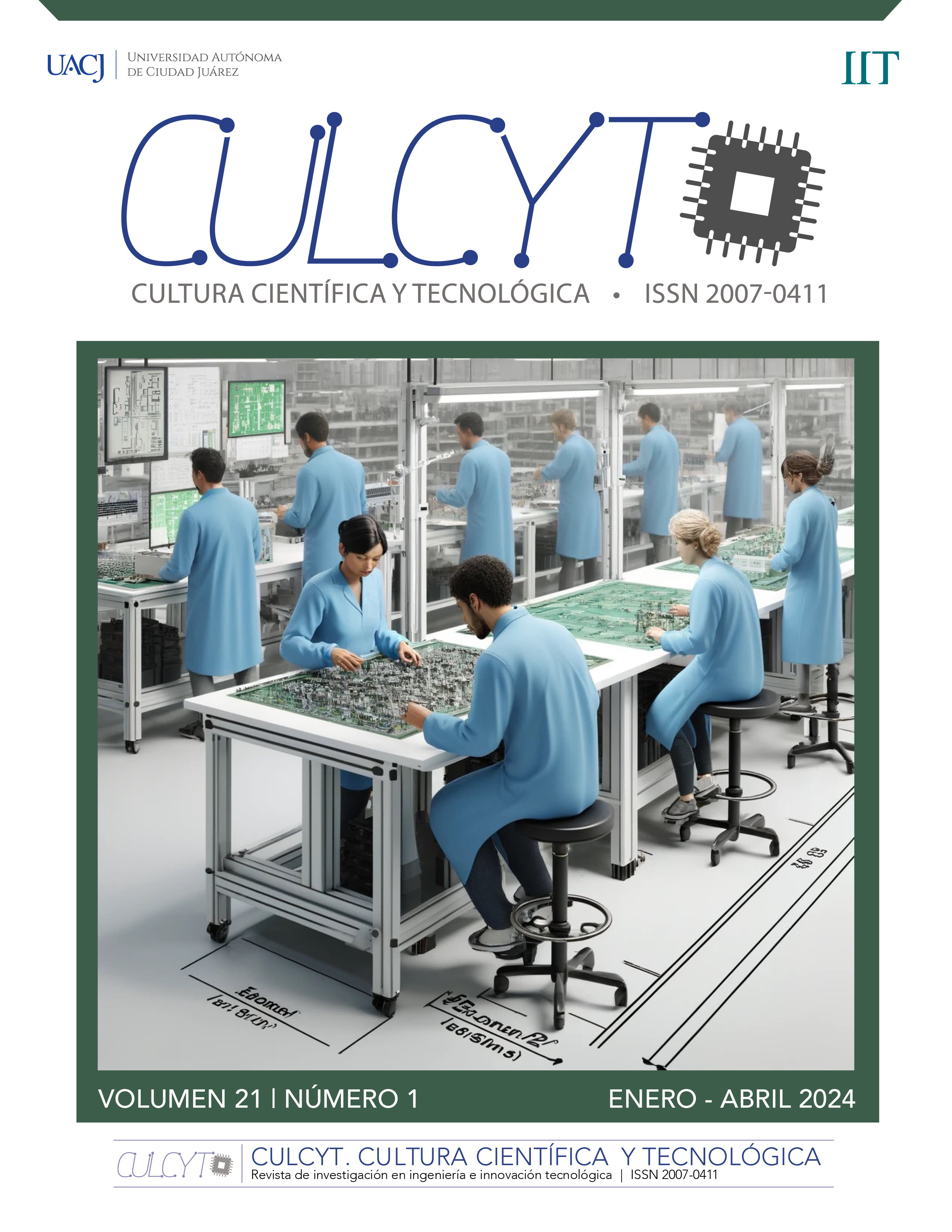Proanthocyanidins with a low degree of polymerization are good inhibitors of digestive enzymes because of their ability to form specific interactions: a hypothesis
Inhibition of target digestive enzymes is an accepted strategy to prevent diseases such as obesity and diabetes. Proanthocyanidins (PACs) are known for their ability to bind, inhibit, and precipitate enzymes, which makes them potential bioDrugs with an impact on the digestive process. PAC degree o...
Gardado en:
| Autor Principal: | Vázquez-Flores, Alma A. |
|---|---|
| Outros autores: | Martinez-Gonzalez, Alejandra I., Alvarez-Parrilla, Emilio, Díaz-Sanchez, Angel, de la Rosa, Laura A., González-Aguilar, Gustavo A., Aguilar, Cristóbal N. |
| Formato: | Artículo |
| Idioma: | English |
| Publicado: |
2018
|
| Subjects: | |
| Acceso en liña: | https://doi.org/10.1111/1750-3841.14386.2 https://onlinelibrary.wiley.com/doi/full/10.1111/1750-3841.14386 |
| Tags: |
Engadir etiqueta
Sen Etiquetas, Sexa o primeiro en etiquetar este rexistro!
|
Títulos similares
-
Milk-clotting enzymes: S.elaeagnifolium as an alternative source
por: Lopez Diaz, Jose Alberto
Publicado: (2020) -
Protective Encapsulation of a Bioactive Compound in Starch–Polyethylene Glycol-Modified Microparticles: Degradation Analysis with Enzymes
por: Chapa, Christian
Publicado: (2024) -
A novel approach to trypsin inhibition by flavonoids
por: Alvarez-Parrilla, Emilio
Publicado: (2021) -
Antimicrobial resistance of three common molecularly identified pathogenic bacteria to Allium aqueous extracts
Publicado: (2020) -
Liver proteome alterations in psychologically distressed rats and a nootropic drug
por: Gonzalez Fernandez, Raquel
Publicado: (2021)













